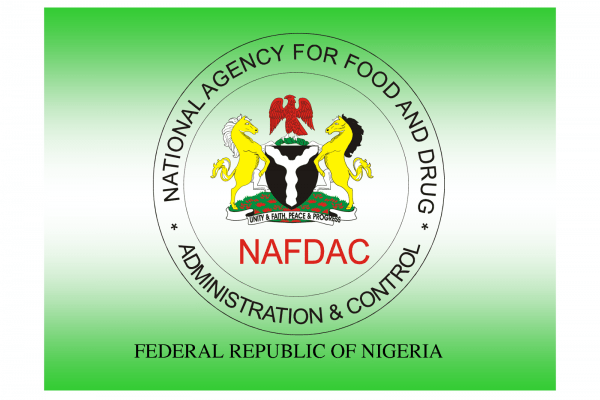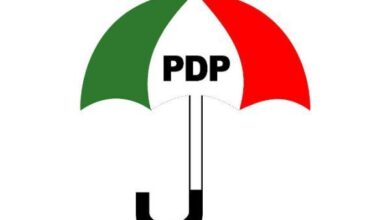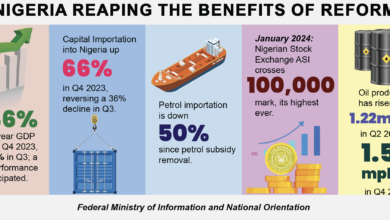NAFDAC unveils regulatory framework to ensure quality, efficacy of generic drugs |

The National Agency for Food and Drug Administration and Control, NAFDAC, has rolled out a new regulatory framework mandating bioequivalence (BE) studies for all generic medicines in Nigeria.
This move aimed at enhancing the quality, safety, and efficacy of pharmaceutical products in the country.
Speaking on Thursday in Lagos, the Director General, NAFDAC, Prof. Mojisola Adeyeye, explained that the new requirement ensures that generic drugs provide the same therapeutic effect as their branded counterparts.
“Bioequivalence is not just a scientific term—it is a commitment to quality, safety, and efficacy.
“It assures the public that generic medicines will work just as well as the original brands they replace,” she stated.
Adeyeye explained that BE studies assess how a generic medicine is absorbed and distributed in the body compared to the original (innovator) drug.
The scientific data from these studies support the safe substitution of generics in medical treatments.
Recognizing the complexity of Nigeria’s pharmaceutical market, NAFDAC is introducing the framework through a phased implementation, prioritizing essential medicines such as antimalarials, antibiotics, and maternal and child health products.
Adeyeye acknowledged that only a small percentage of drugs currently meet the new standards, but noted that the industry is already responding positively, with local manufacturers submitting BE study reports in increasing numbers.
“We are not expecting 100 percent compliance overnight, but we are firm in our direction. The industry is responding.”
To support the transition, NAFDAC has: Issued comprehensive regulations and guidelines for the pharmaceutical industry, accessible on its official website.
Released a “Note to Industry” outlining requirements for Contract Research Organisations (CROs).
Invested in training programs for regulatory staff, healthcare professionals, researchers, and industry stakeholders to ensure smooth implementation.
NAFDAC has also engaged with international manufacturers, particularly in India, to ensure imported products meet Nigeria’s new regulatory standards.
“Any product coming into this country must meet our standards. If you’re exporting to Nigeria, you must provide bioequivalence data,” Adeyeye said.
NAFDAC used the opportunity to warn the public against buying medicines from unlicensed sources such as kiosks and roadside vendors.
The agency urged Nigerians to patronize only registered pharmacies for traceable and verifiable medications.
“Do not buy drugs from unknown sources. When you buy from a certified pharmacy, we can trace the product through the receipt and hold suppliers accountable.”
Adeyeye cited a previous case in which a faulty drug was successfully traced to a manufacturer in Nigeria’s Northwest zone, leading to a temporary shutdown of the production line until compliance measures were enforced.
Reaffirming NAFDAC’s commitment to a science-driven, transparent regulatory process, Adeyeye said the bioequivalence initiative is part of a broader effort to build a trusted, evidence-based pharmaceutical ecosystem in Nigeria.
“We are setting a new benchmark. Our goal is simple: to ensure that every medicine on the Nigerian market is effective, safe, and trusted. Bioequivalence is how we get there,” she stated.
Post Views: 12






